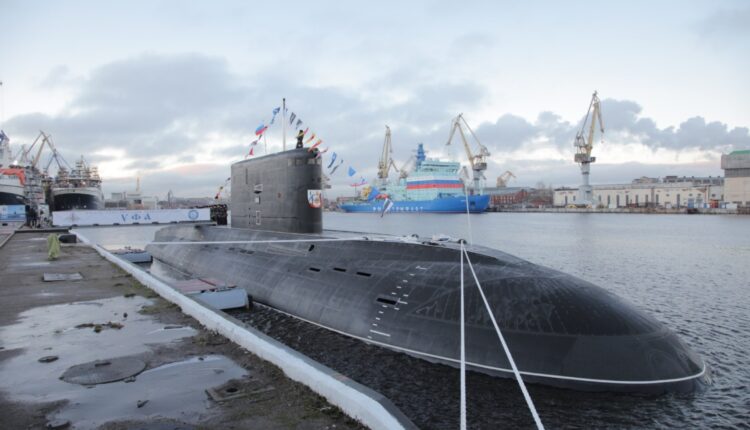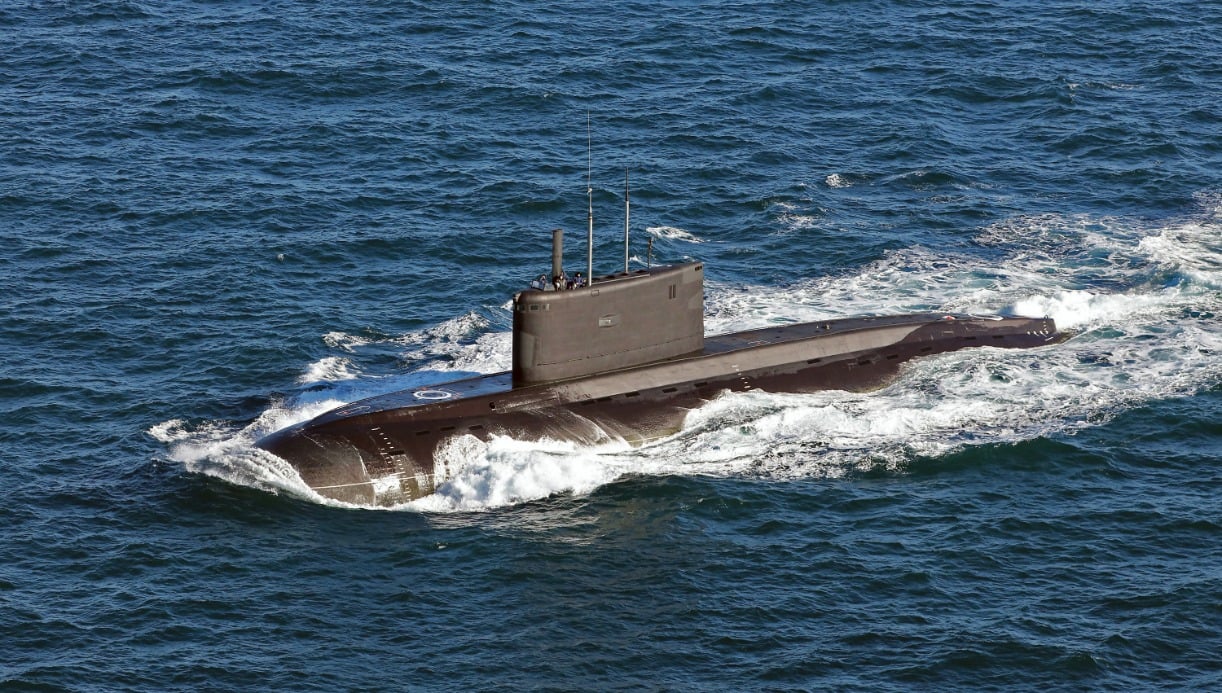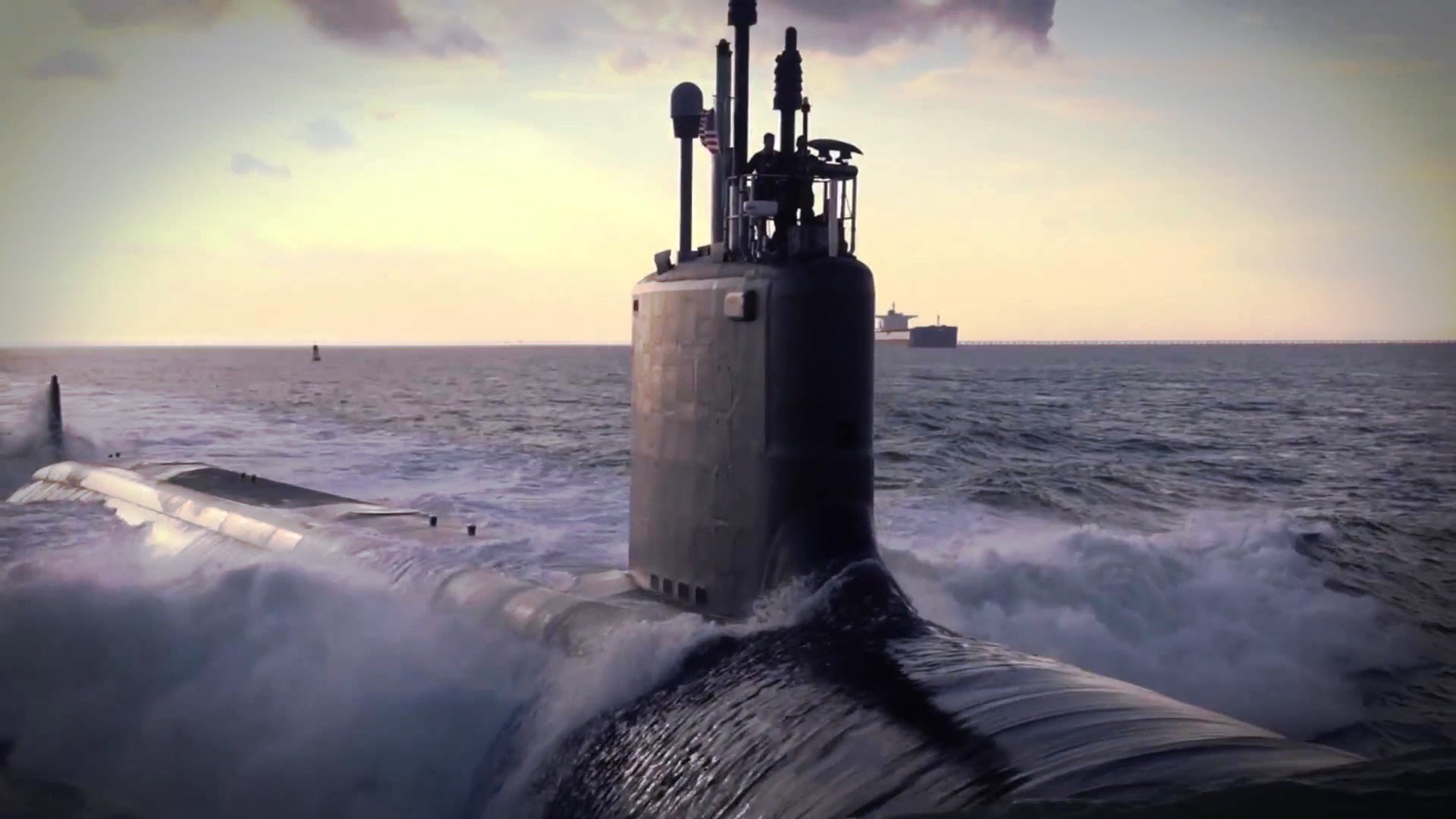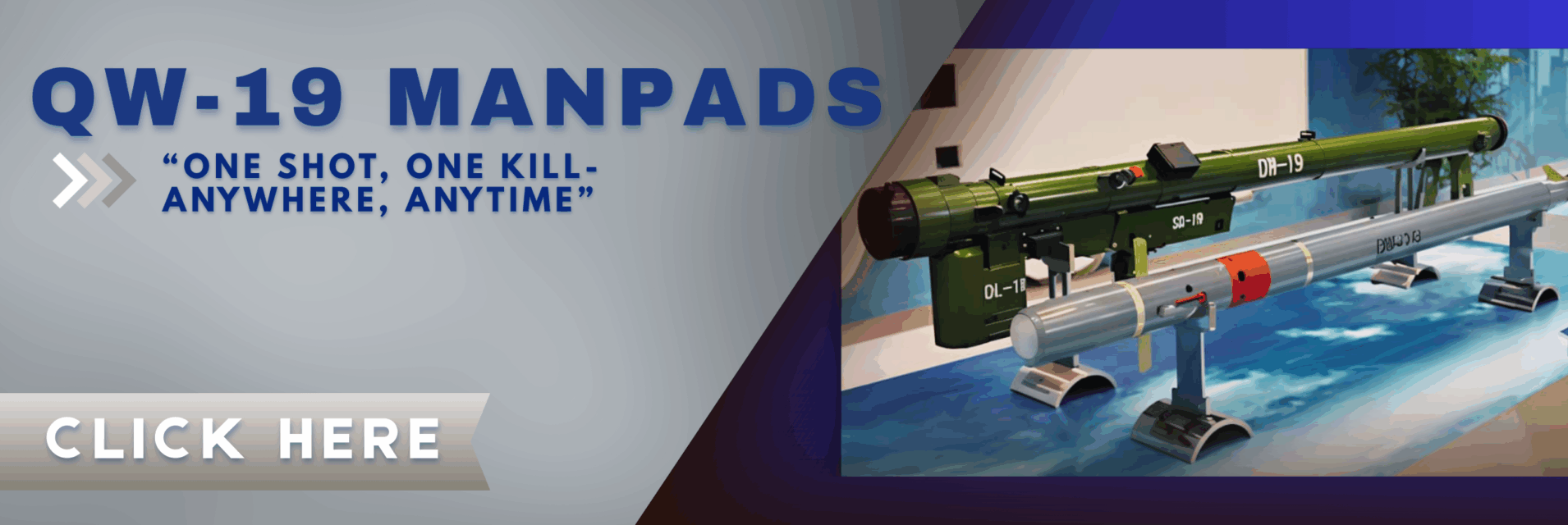Russia’s ‘Black Hole’ Submarine Heads to Pacific: Intensified Hunt for American Subs?
The submarine "Ufa" is reported to be one of the most silent attack submarines in Russia's fleet, referred to as the "Black Hole" within the submarine fleet of major world powers due to its exceptional ability to maneuver silently beneath the water's surface.

(DEFENCE SECURITY ASIA) — Russia has strategically deployed its most recent and acoustically discreet attack submarine, named “Ufa,” to the Pacific Fleet, in response to heightened competition in underwater capabilities within the region, where both the United States and China are actively engaged.
“Ufa,” one of the six Project 636.3 attack submarines owned by Russia and dubbed the “Black Hole” in the Russian submarine fleet for its high level of stealth, was commissioned at the end of last year.
Its operations have now been shifted from the Baltic Sea to the Pacific Ocean. This diesel-electric Kilo-class (improved Kilo) submarine has undergone upgrades and modernization, incorporating advanced capabilities which make it more quiet than its adversary and lethal.
Russia entered into an agreement with Admiralty Shipyard to construct six Project 636.3 submarines, with the first submarine being certified by the country’s navy in 2019.
“Ufa” is the fourth commissioned submarine of the Project 636.3 series, with the fifth and sixth submarines expected to be commissoned this year and the next.

Reportedly one of Russia’s quietest attack submarines, “Ufa” is referred to as the “Black Hole” in the Russian submarine fleet due to its ability to move underwater in extremely silent conditions.
In contrast to the United States, which primarily operates nuclear-powered submarines, Russia employs a combination of conventional and nuclear-powered submarines.
At the time of reporting, Russia is said to possess a total of 21 diesel-electric attack submarines.
International defense analysts assert that Russia’s underwater assets are far more powerful than its surface fleet, posing a more significant threat to the United States and its allies.
The relocation of the submarine “Ufa,” one of the six Project 636.3 submarines, from the Baltic Sea to the Pacific indicates Russia’s efforts to enhance its underwater capabilities in the Indo-Pacific region, balancing the increasing strength of the United States and its allies.

The deployment of Project 636.3 submarines to the Pacific is also seen as Russia’s initiative to “assist” its ally, China, in addressing the underwater capabilities of the United States and its allies in the Indo-Pacific waters.
The region has become a confrontation arena between major world powers, especially involving China and the United States, according to Russian news agency Izvestia.
The presence of Project 636.3 submarines is deemed necessary to ensure the strength and capabilities of the Russian Navy’s Pacific Fleet at a certain level, the agency added.
This move aligns with the broader geopolitical landscape, where the United States and its allies are increasing the number of submarines operating in the Indo-Pacific to counter China’s aggressive military posture.
Looking ahead to the 2030s, Australia, traditionally operating diesel-electric submarines, is set to acquire nuclear-powered submarines from the United States.

Under the security agreement known as “AUKUS” (Australia, United Kingdom, United States), Australia will purchase five Virginia-class nuclear-powered submarines from the United States starting in 2030.
As part of the security and defense cooperation among the three countries, Australia will also receive the latest nuclear-powered submarines known as “SSN-AUKUS,” based on the most recent United Kingdom nuclear submarine design using U.S. nuclear propulsion technology. — DSA



Comments are closed.